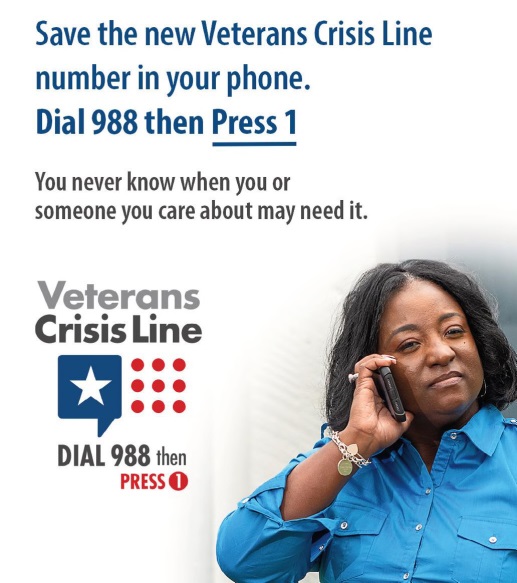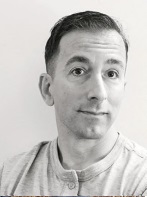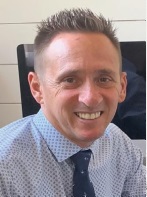U.S. MILITARY H BOOK EXCERPT 6TH OF A SERIES
members do not have the luxury of time or changing their automatic cognitions to positive thoughts. Again, an especially useful and helpful way of thinking when you are literally fighting for your life and others. But when you leave that lifestyle, your body may be in a new environment, but your brain, sadly, is not.
Here are some life hacks/tips for warriors that can be used in your daily life to begin to retrain your brain, use more positive thinking, and begin living a happier and mentally healthier, better life.
3 GOOD THINGS
Every night before bed, remember one good thing that happened during your day. This can be anything big or small that made you smile, laugh, or feel happy during your day. Recall one new thing that you did. This can be as small as if you wore a new pair of socks or tried a new hobby. Think about one thing for which you are grateful.
3 POSITIVES FOR 1 NEGATIVE
Studies show that it takes anywhere between three to five positive thoughts to replace one negative thought. When you notice your automatic thought is negative, think of three positive alternatives to that situation to help change your outlook.
HAPPY HOUR
Carve out a specific time each day to share with your family, friends, or support system, the best parts of your day. Being able to share your positive experiences with others will not only boost your wellbeing, but also the wellbeing of those around you.
POSITIVITY POSTER
Create a visual of positive sayings, quotes, words, affirmations, etc. Keep this positivity poster in a place that you can see and refer to every day. Just as negative words can affect our mood, positive words can too.
PERSONAL MANTRA
Develop a personal mantra or phrase that you can repeat to yourself to help increase positivity and mental stability. Your mantra should be personal to you and incite a feeling of calmness and happiness. Write down your personal mantra or phrase on a small piece of paper and always keep it in with you. This can serve as a small reminder in times of stress and negativity.
Remember the 3 Rs. The goal is to retrain, recondition, and restructure your brain. The idea of this may be scary to some, uncomfortable and unnatural for others, but there is nothing a warrior cannot handle. With discipline, resilience, and a little hope (all virtues held by warriors), a more positive mindset is truly obtainable.•

ABOUT THE AUTHORS:

Kortney Yasenka, LCMHC, is a licensed clinical mental health counselor who provides individual, family, and group therapy, as well as life coaching services. Kortney is certified in trauma focused cognitive behavioral therapy and incorporates physical activity and eco-therapy into counseling and coaching sessions. She has a Masters in Counseling Psychology with a concentration in Health Psychology from Northeastern University. With over 15 years of experience, Kortney has worked in community mental health, school systems, and private practice.

Nick Benas grew up in Guilford, Connecticut. The author of Mental Health Emergencies, Warrior Wisdom, Tactical Mobility, and co-author of The Warrior's Book of Virtues, Benas is a former United States Marine Sergeant and Iraqi Combat Veteran with a background in Martial Arts (2nd Dan Black Belt in Tae Kwon-Do and Green Belt Instructor in Marine Corps Martial Arts Program). Nick attended Southern Connecticut State University for his undergraduate degree in Sociology and his M.S. in Public Policy. He has been featured for his business success and entrepreneurship by more than 50 major media outlets, including Entrepreneur Magazine, Men's Health, ABC, FOX, ESPN, and CNBC.

Richard "Buzz" Bryan is currently the Outreach Coordinator for the West Palm Beach VA medical center. The co-author of The Warrior's Book of Virtues, Buzz previously served as the OEF/OIF Transition Patient Advocate (TPA) for the Veterans Integrated Service Network (VISN4) based in Pittsburgh, PA for ten years, working specifically with Iraq and Afghanistan veterans. Buzz was a member of the Navy/Marine Corps team and retired from the United States Navy in July 2011 after 22 years of honorable service as a Fleet Marine Force Senior Chief Hospital Corpsman.